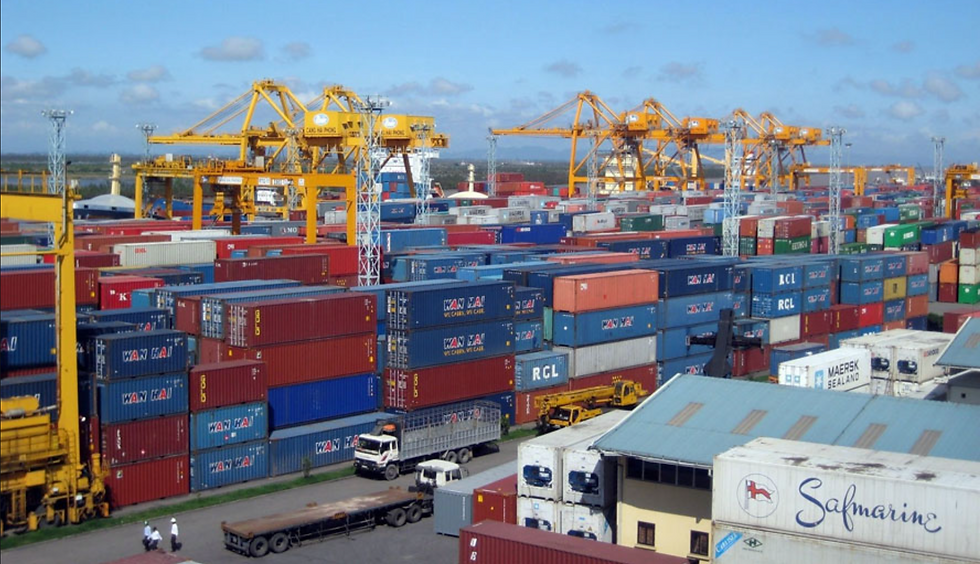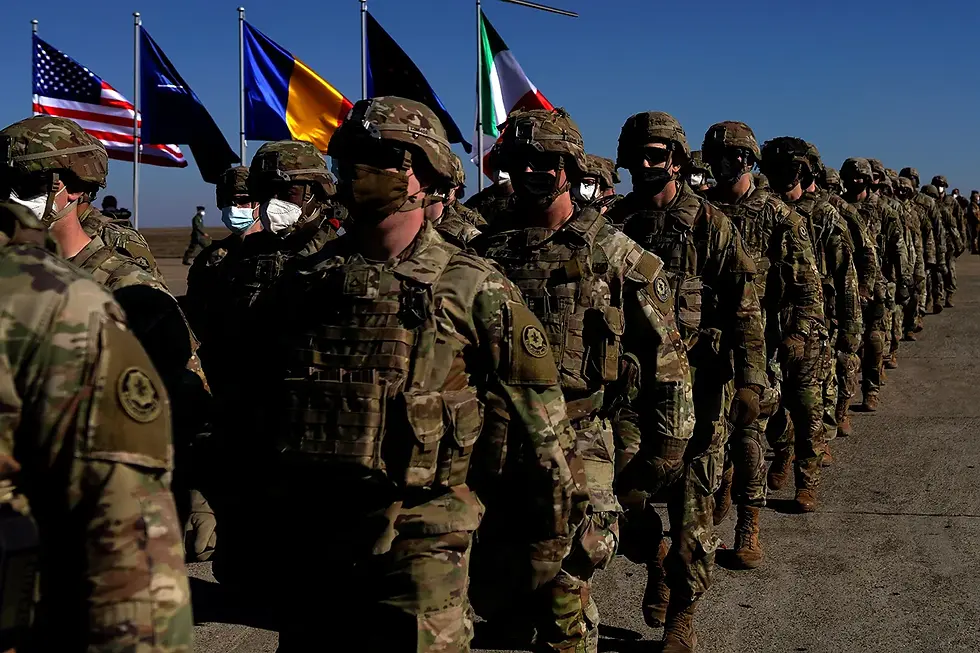Professionals Focus on Logistics
- Nathan Decety

- Aug 30, 2021
- 4 min read

In a conflict, there are fantastic officers and warriors and terrible ones. Rommel, for instance, was a great battlefield officer in WWI. He began the first world war as a lieutenant and continued up the ranks to become a field marshal by WWII. His thoughtful attacks are well detailed in Attacks.[1] On the allied side, officers such as Lieutenant René Nicolas showcase the same skill, initiative, audacity, and intelligence as Rommel.[2] The problem for forward facing thinking is that conflicts exist in something of an equilibrium: for every good Rommel and René Nicolas, there are countless poor officers that get mauled.[3] Unless a nation manages to ensure that all its men are superbly trained and intelligent, they will generate approximately a similar ratio of good to bad officers.[4] While armies try to fine tune training over time – sometimes making enormous errors (i.e. French obsession with élan in 1914) – they will generally approach somewhat of an equilibrium over the course of the war in martial abilities, that is to say combat operations. Combatants will learn from one another and avoid making costly mistakes, they will adapt to each other and to conditions through hard earned experience. Thus, though the British and French infantry tactics had begun the conflict on their heels compared to Germany, they had generally learned so much that battles were more or less balanced by 1916 (halfway through the war).
War enters a sort of equilibrium. One option to win is to therefore allocate all the best warriors and best officers to the point where there will be the most impact, for instance at the spear tip of an offensive. One would therefore tilt the local scales in one’s favor. The danger, of course, is that the offensive doesn’t work perfectly. Now, the war is not ended and all your best resources have been lost, meaning your short-term idiosyncratic advantage has flipped over to a systematic disadvantage everywhere, and you will lose the war. In a sense, that is what happened with the German Michael offensive of Spring 1918 where – having concentrated all their best officers and soldiers into stroßtruppen teams to launch blitzkrieg-like assaults – their assault ran out of steam and was stopped. Instead of winning the war by capturing strategic points, they lost the war that same summer & fall. Another danger is that the enemy acts at the same time as you do – while your offensive is taking place with all your best & brightest, the enemy is doing the same thing somewhere else and happened to succeed better. A zoomed out example of this might be the second Punic war, where Hannibal’s incredible series of victories in Italy ultimately meant nothing compared to Scipio’s Spanish & African campaigns, which ended the war in Rome’s favor.
While commanders can consider tweaking allocations of effective soldiers & officers, it is safer and pays more dividends to focus on logistics. Improving supply lines, ameliorating weapons and payloads, and ensuring alignment of all sub-divisions of the vast organizations of the armed forces increases the probability that war is prosecuted efficiently. Marc Bloch – the French historian and officer in WWI & WWII was killed during the final days of WWII by firing squad. Before his death, he discussed some of the causes of the spectacular French defeat of 1940, noting, among many observations, that departments simply could not agree on responsibilities and jurisdictions.[5] The French rear was a mess, how could they allocate resources where they were needed (combat) if they didn’t know what resources there were, where the enemy was, where to send assets, and to whom? The question is rhetorical, they couldn’t. The whole edifice was paralyzed.
In conclusion and summary, you can assume your enemy will have just as many good officers as you, and their tactics will continually adapt. It will be far more effective to focus on improving your organization and logistics than on studying individuals, or shifting them around to gain temporary local advantages. It is also because many nations implicitly or explicitly understand this point that the greatest determinant of victory in major wars where all parties have the will to see the war to its end is total country wealth, not cultural factors or individual skill at arms.[6] These observations on the importance of organization, supply, and logistics are the cause of the quote: “Amateurs talk about strategy and tactics. Professionals talk about logistics and sustainability in warfare.”
[1] Erwin Rommel, Attacks [2] Katharine Babbitt, René Nicolas, Campaign Diary of a French Officer by Sous-Lieutenant René Nicolas of the French Infantry [3] Perhaps annoyingly, combatants being defeated don’t tend to write books about their failures, and since most people are obsessed with victory, sales of tales of defeats rarely support promulgation. [4] I highly doubt most advanced nations can be certain to have only superbly trained officers and warriors, because waging war on such a level requires a large and diverse population body with varying skills and personalities, some of which may not be aligned to a perfect job in the military. Further, if a nation desires to develop its manpower, it will have to develop programs which are by their very nature rigid and limiting, thereby reducing the value that certain individuals might contribute had they the freedom to exercise their talents freely. [5] Marc Bloch, L’étrange Defaite. [6] To be clear, many wars are lost because combatants don’t have the will to win when they could have. If the U.S. had the desire to truly prosecute the wars in Vietnam and Afghanistan until they were victorious, whatever the cost & time, they probably would have. In contrast, even if Germany or Japan had wanted to continue WWII, they could not have truly done so, they had no capability to continue the war.


Comments